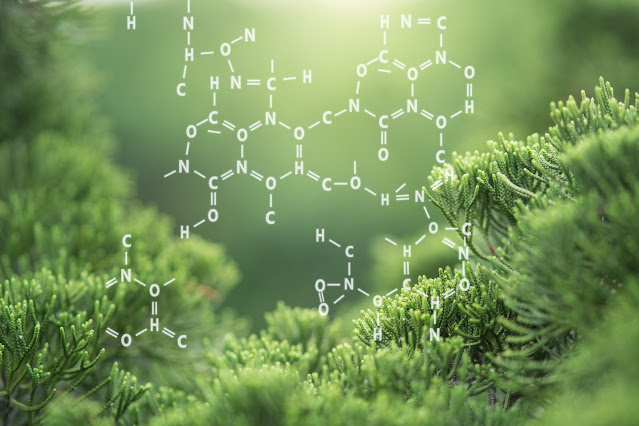Organic chemicals are formed when carbon and its derivatives react with elements such as hydrogen, oxygen, nitrogen, and sulfur. The derivatives can be found in either a carbon chain or a carbon ring. The growing worldwide population and rapid urbanization are predicted to drive expansion in end-use sectors such as agrochemicals, pharmaceuticals, food and beverages, and cosmetics, hence driving growth in the organic chemicals market. The Asia Pacific is the market's development engine, owing mostly to India's and China's strong economic expansion. Ethyl alcohols, synthetic organic alcohols, synthetic flavors, and insecticides are some of the most commonly utilized organic compounds in industries such as pharmaceuticals, food and drinks, and fertilizers. According to World Bank data, global consumption of food and beverages is expanding rapidly.
Carbohydrates, fats (lipids), proteins, and nucleic
acids are examples of organic chemicals that serve as the foundation for life's
molecules. Petroleum and natural gas, which are the major components of fossil
fuels, are also organic molecules.
Because
the Organic
Chemicals Market chemical
business is technology-driven, R&D spending plays an important role
throughout the value chain. These R&D expenditures in innovative
applications and cost reductions in manufacturing provide a plethora of
opportunities for industry participants. Massive government measures in
emerging economies to stimulate the manufacturing industry are expected to give
significant prospects for organic market development.
Ethyl alcohol, gum & wood chemicals, cyclic crudes
& intermediates, fatty acids, synthetic organic alcohols, synthetic
flavors, perfume ingredients, and bulk insecticides are a few examples of
major organic chemical products.
Organic Chemicals Market is carbon-containing
molecularly organized chemical compounds. Organic substances can be both
natural and man-made. Other components in these compounds include hydrogen,
sulfur, nitrogen, oxygen, and chlorine. Organic
Chemicals Market is
natural since they are carbon-based, which means they can be produced by plants
or animals. Some, on the other hand, are organic-synthetic molecules that must
be manufactured by a chemical reaction.
Key Players
TCI America, BASF SE, PPG Industries, The Dow
Chemicals Company, AkzoNobel, Royal Dutch Shell, Sinopec, ExxonMobil, Formosa
Plastics, LyondellBasell Industries, DuPont, Ineos, Huntsman, and Reliance
Industries are among the key competitors in the organic chemicals market. The
market is fragmented, with some of the most important players based in North
America and the Asia Pacific. Furthermore, constant R&D and M&A development
among key competitors are likely to increase their market opportunity.




0 Comments